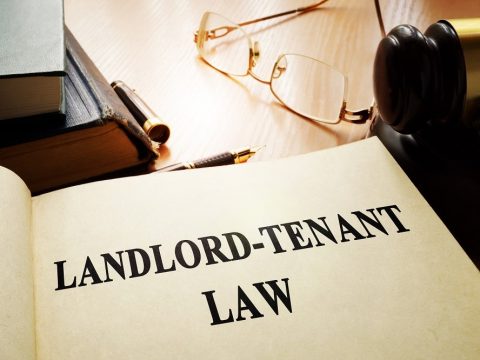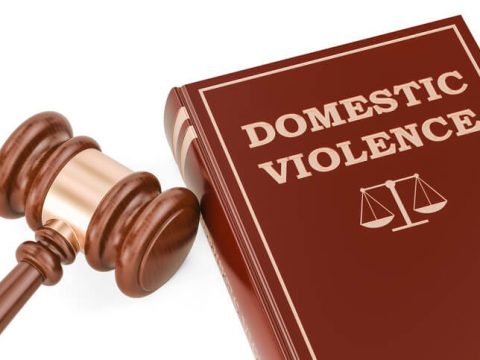Protection Orders
Protective Orders in Washington State:
• There are 4 types of Restraining or Protective Orders in Washington State (but if you are in immediate danger dial 911).
• You want to be in a situation that allows you to contemplate your condition
• When you take the first step to file a protective order, be equipped with the basic knowledge of the types of orders available to you.
Domestic Violence Protection Order (DVPO):
• If you have been threatened or assaulted by a family member, this civil order directs the respondent not to engage in any further harm.
• It can also order the person to stay away from your home and leave a shared residence (commonly called a “kick out” order).
• It can order a person to attend counseling sessions and abide by a scheduled visitation of children. (However, this type of order cannot mandate child support, maintenance, or permanent child custody).
• A temporary order (valid for 14 days, or until a scheduled hearing date) can then be issued by a County Commissioner or a Judge.
• It must be served on the offending person in order to be valid.
• Within 14 days, a hearing date will be scheduled, and the respondent will receive notice of that date.
• At the hearing the court will decide whether to issue this domestic violence protection order for one year or longer.
Restraining Order:
• A restraining order is a broader type of court order.
• It can encompass several issues such as property, custody, domestic violence, child support, and alimony.
• This is often filed as part of a family law case such as custody, paternity, or divorce.
No Contact Order:
• This form of protective order is part of a criminal case; therefore, you do not have to file a petition.
• This order is the legal procedural consequence of the respondent being arrested and becoming a defendant.
• The court decides whether to issue this order during a bail hearing, an arraignment (a criminal hearing when formal charges are announced) or at sentencing.
• This type of order generally does not last as long as a civil or family court order.
• Also, it does not order such things as a domestic violence protection order (DVPO)
• It is only meant to protect you while the respondent’s criminal case is pending.
Civil Anti-harassment Order:
• This order is not for disputes with family members
• It is designed for issues between neighbors and stalking situations (with a stranger involved).
• If you have been harassed (minus an assault or threats of physical harm) this order may be the appropriate option for you.
Other info:
• With all available court protection, it is a good idea to work with a Legal Advocate or an attorney.
• For the court to make an order protecting you longer than 14 days, a commissioner or judge will look for certain elements in your complaint that are required to be proven at a court hearing.
DVPO Packet for a Petition
Link to WA state DVPO Court Forms
MORE INFORMATION - Protection Order Process





